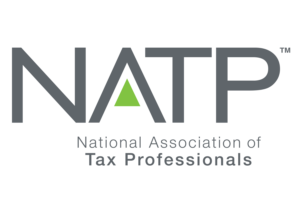Accounting
Accounting is the system of recording and summarizing business and financial transactions and analyzing, verifying, and reporting the results. Accounting or accountancy is the measurement, processing, and communication of financial and non-financial information about economic entities such as businesses and corporations. Accounting, which has been called the “language of business”, measures the results of an organization’s economic activities, and conveys this information to a variety of users, including investors, creditors, management, and regulators.

Schedule a Consultation
1. Bookkeeping
Bookkeeping is the recording of financial transactions and is part of the process of accounting in business. Transactions include purchases, sales, receipts, and payments by an individual person or an organization/corporation. There are several standard methods of bookkeeping, including the single-entry and double-entry bookkeeping systems. While these may be viewed as “real” bookkeeping, any process for recording financial transactions is a bookkeeping process.

2. Payroll Processing and Reporting
Payroll is the list of employees of some company that is entitled to receive payments as well as other work benefits and the amounts that each should receive. Along with the amounts that each employee should receive for time worked or tasks performed, payroll can also refer to a company’s records of payments that were previously made to employees, including salaries and wages, bonuses, and withheld taxes, or the company’s department that deals with compensation A payroll report is a form you use to notify governments of employment tax liabilities.
There are different forms for the various employment taxes that you and your employees must pay. You must report both the taxes you withhold from employee wages and the taxes you contribute to. You will need to submit payroll reports for both federal and state taxes.

3. Financial Statements
Financial statements are written records that convey the business activities and the financial performance of a company. Financial statements are often audited by government agencies, accountants, firms, etc. to ensure accuracy and for tax, financing, or investing purposes. Investors and financial analysts rely on financial data to analyze the performance of a company and make predictions about its future direction of the company’s stock price.
Financial statements include:
Balance Sheet: The balance sheet provides an overview of assets, liabilities, and stockholders’ equity as a snapshot in time.
Income Statement: The income statement primarily focuses on a company’s revenues and expenses during a particular period. Once expenses are subtracted from revenues, the statement produces a company’s profit figure called net income.
Cash Flow Statement: The cash flow statement (CFS) measures how well a company generates cash to pay its debt obligations, fund its operating expenses, and fund investments.

4. Accounting Consulting
An accounting consultant provides clients, such as companies and individuals, with services that help them analyze financial information so that they can make important business decisions. Their responsibilities involve creating and analyzing financial documents, looking for financial areas needing improvement, optimizing accounting procedures, and forecasting future profits. Accounting consulting jobs require a strong background in financial controls, regulations, and accounting procedures.





